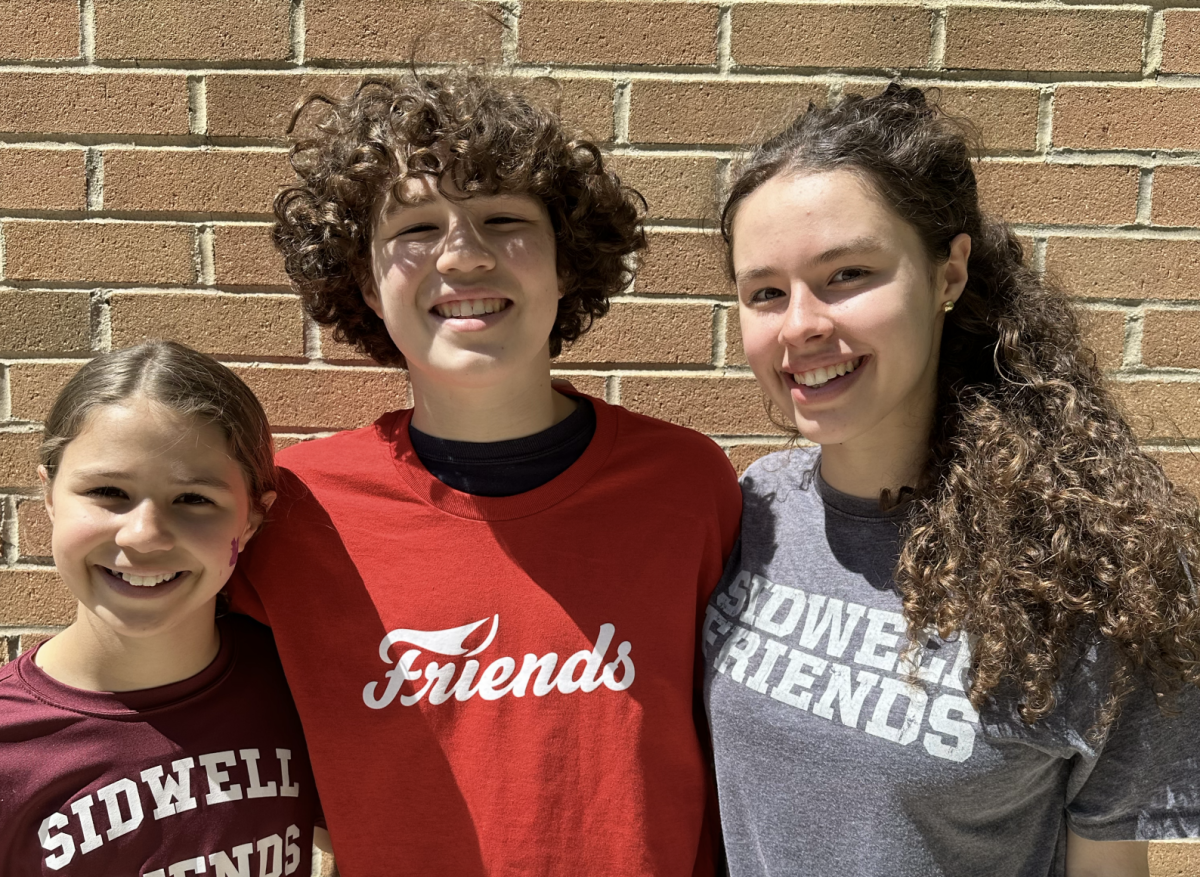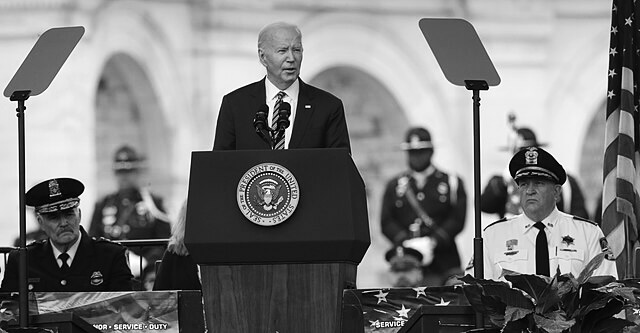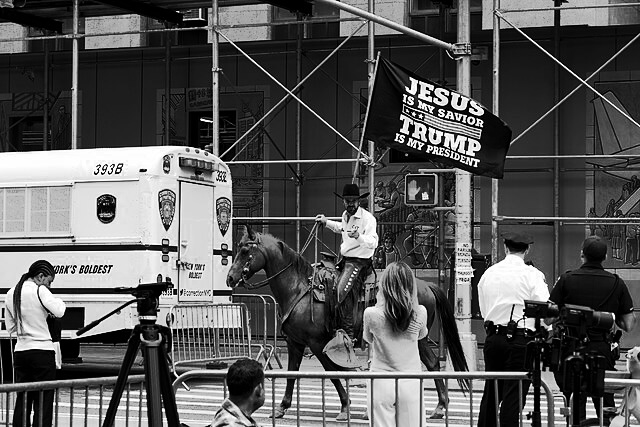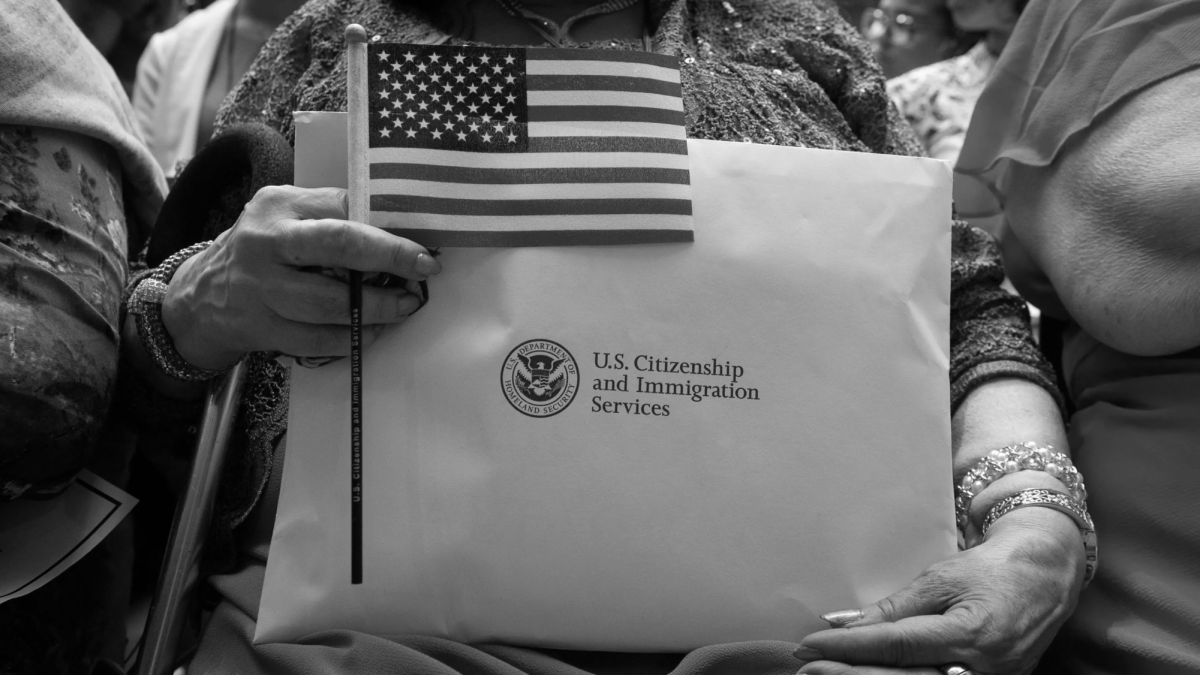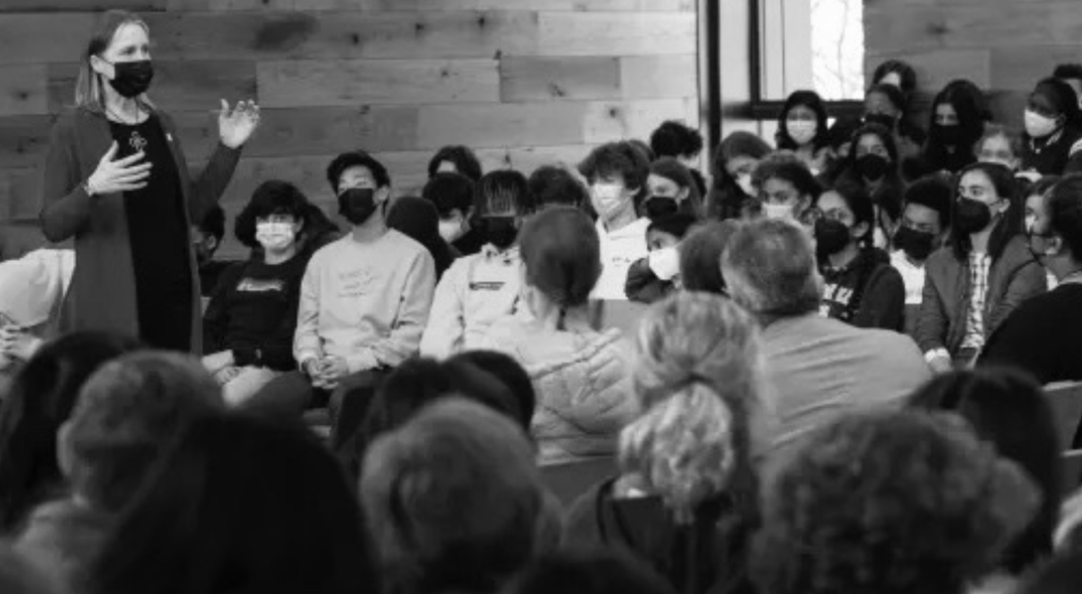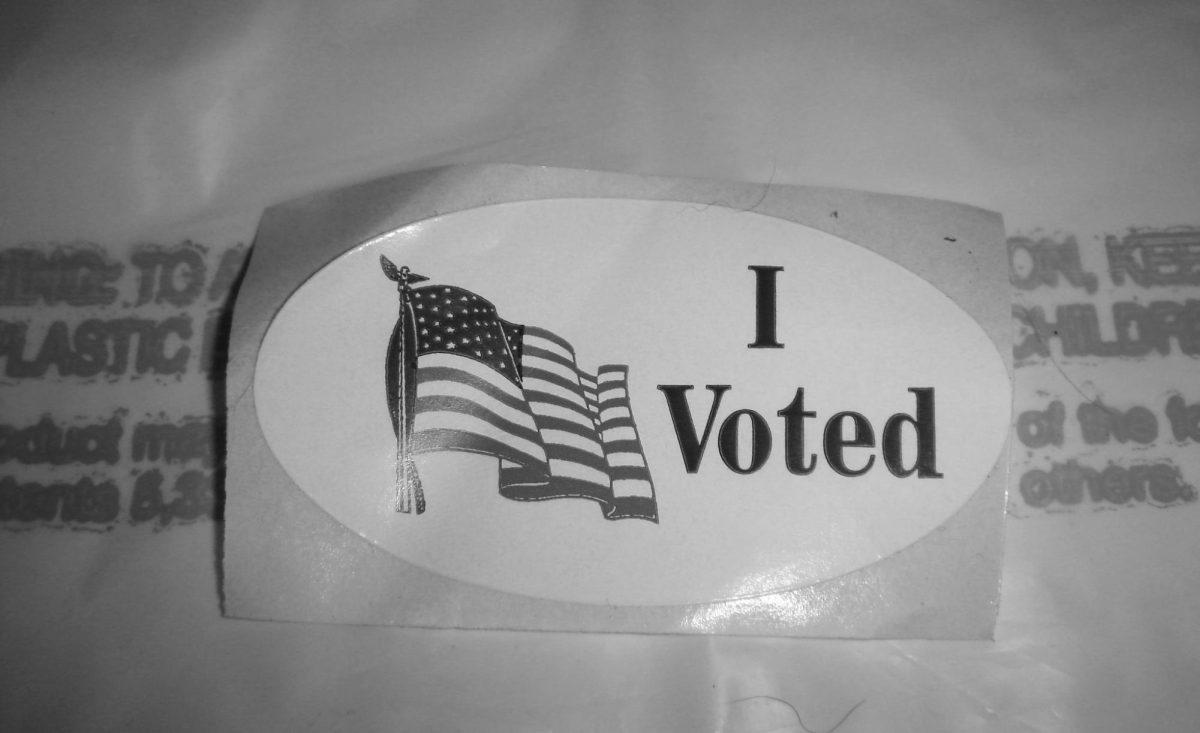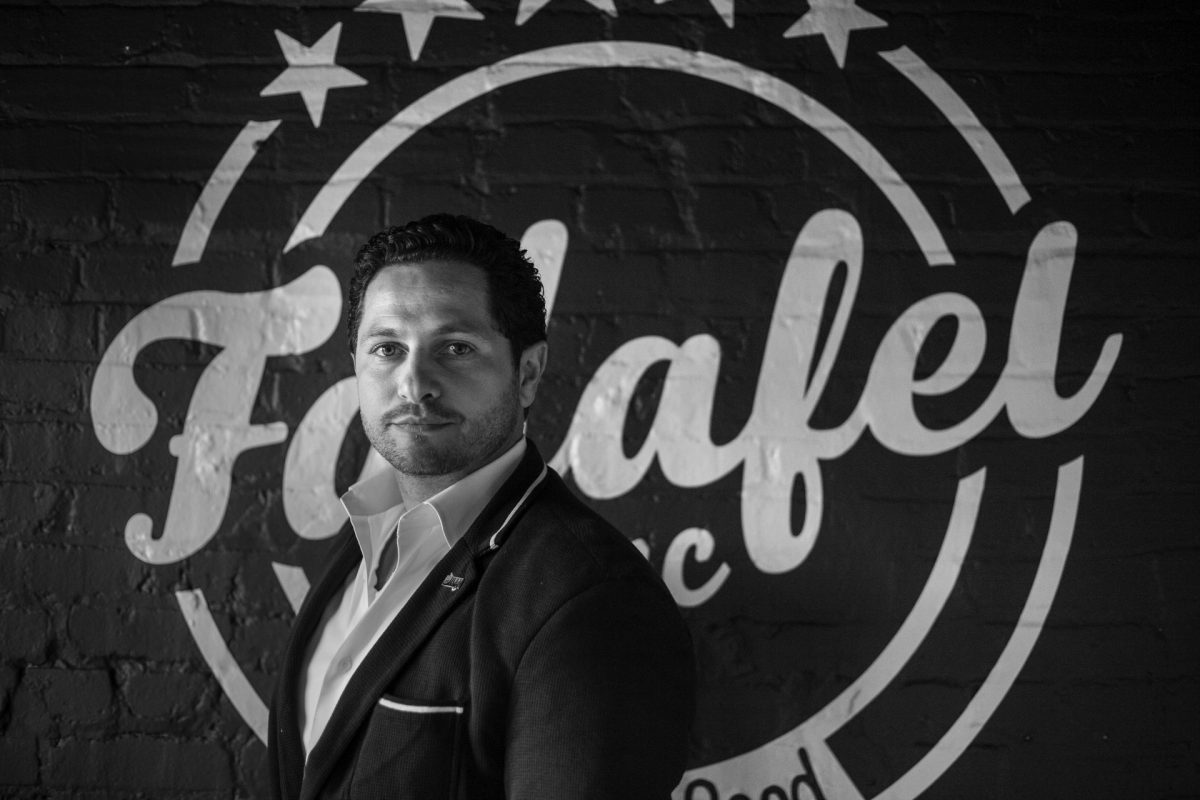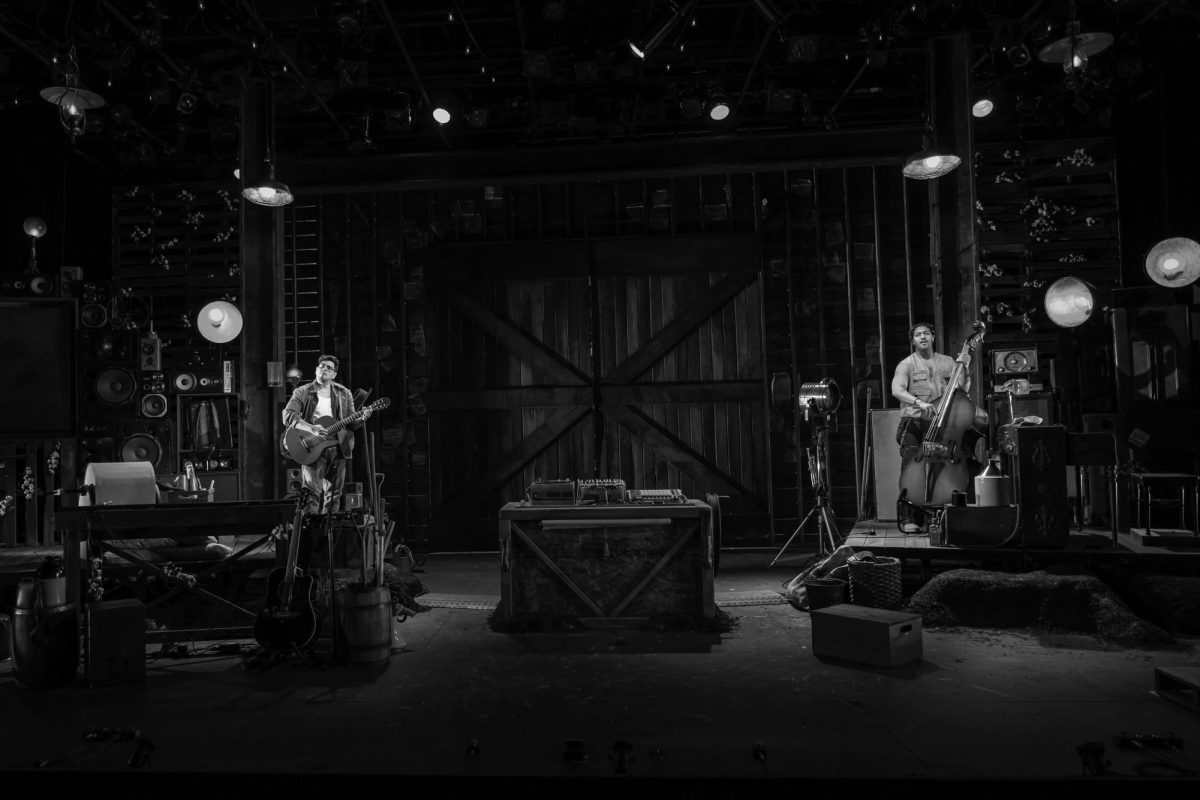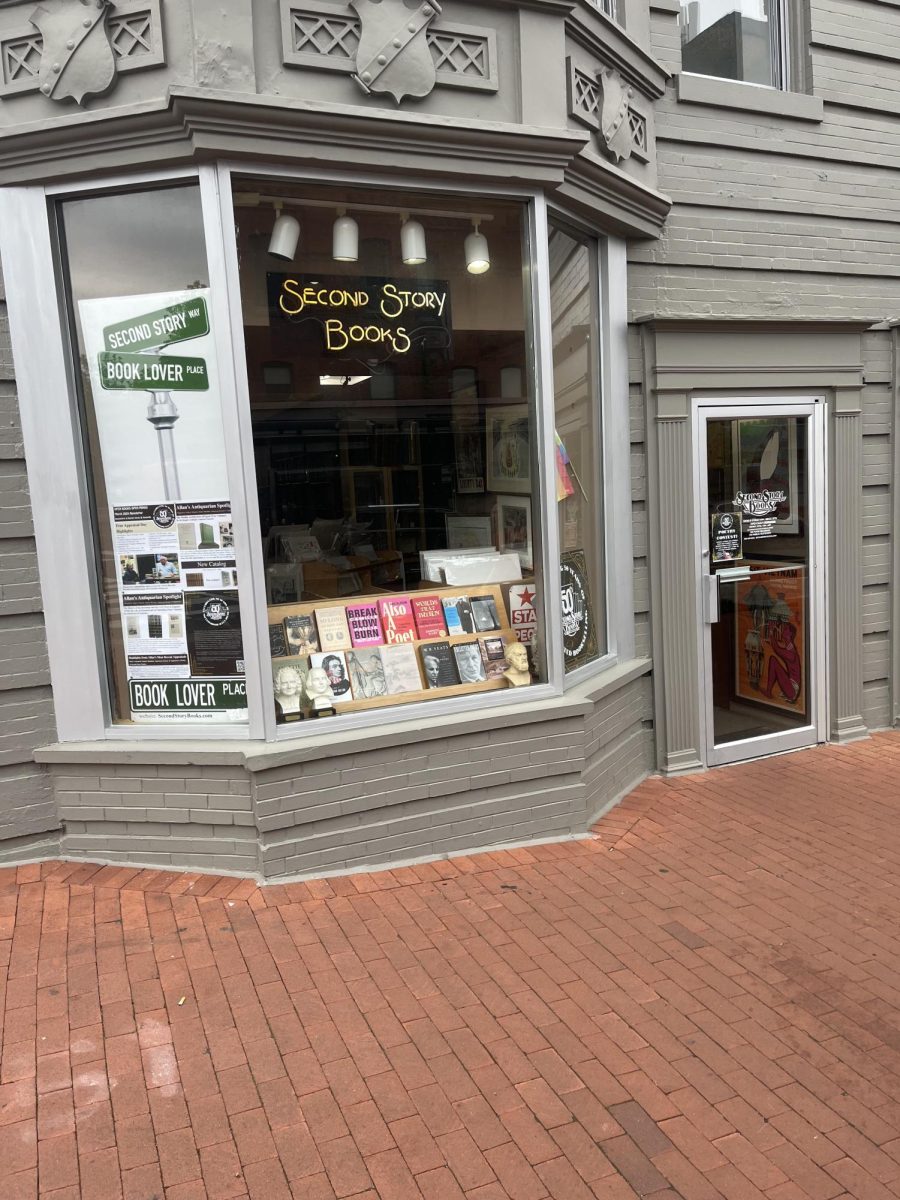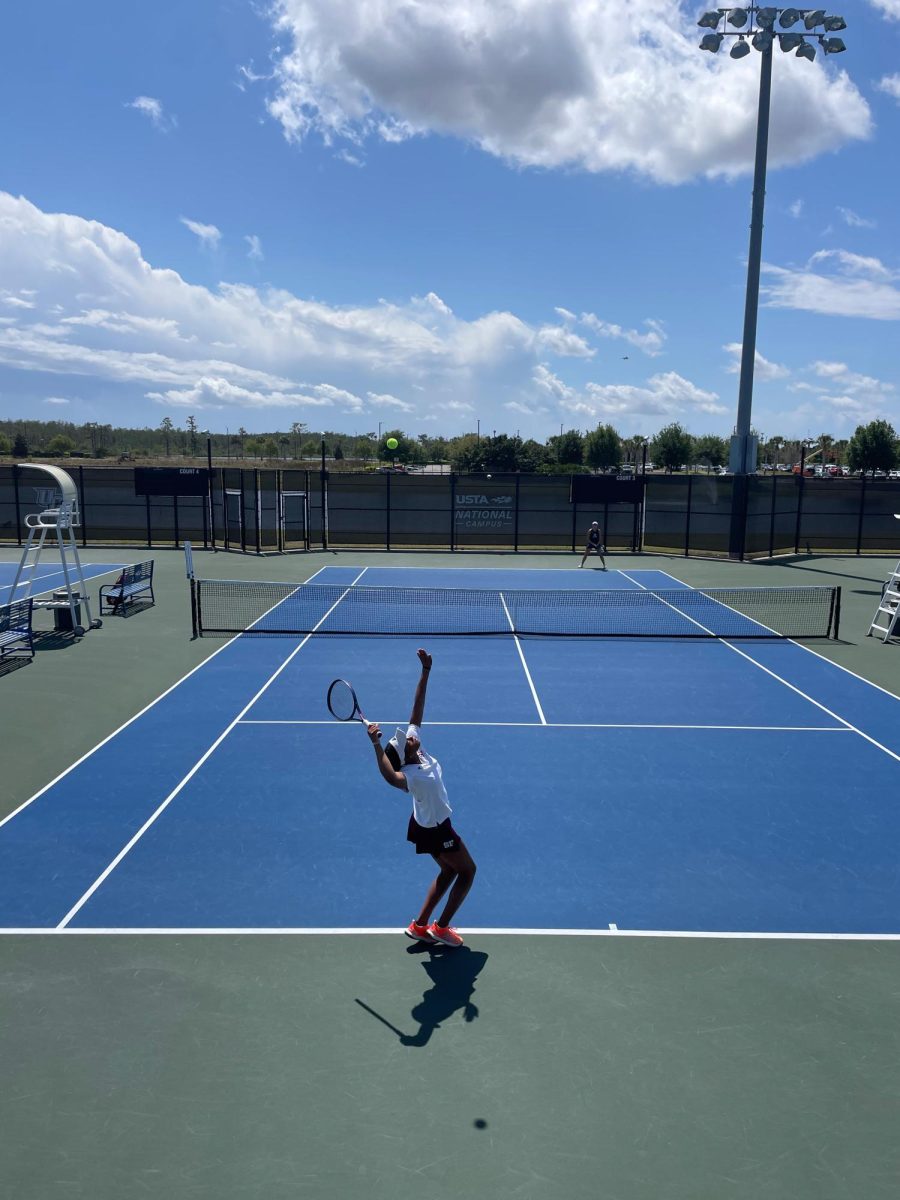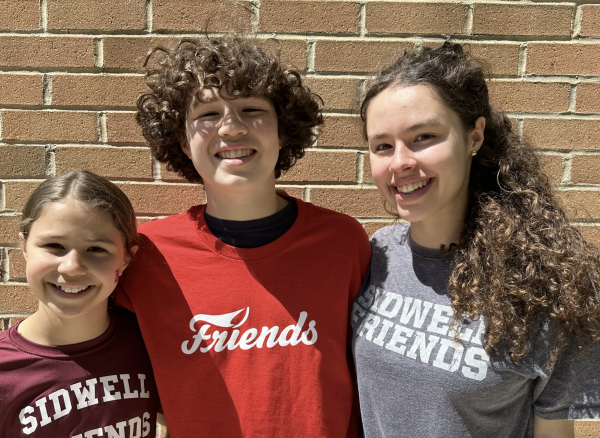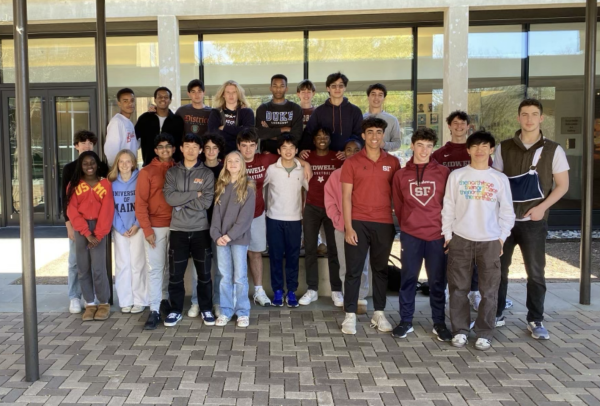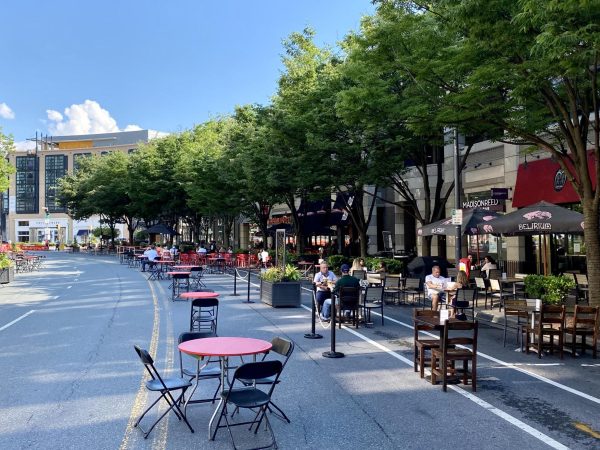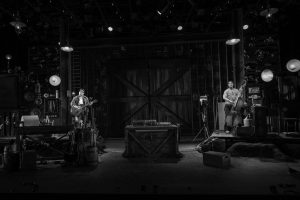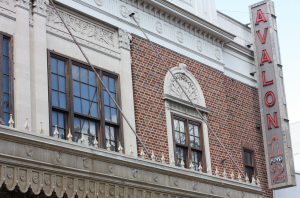Sidwell Holds Shelter-in-Place Due to Domestic Violence Nearby
On Jan. 26, Sidwell declared a shelter-in-place due to a gun threat on Rodman Street, across from the Upper School. Because there was no active violence or imminent danger, the administration decided not to implement a lockdown.
The armed threat was reported around 7 a.m. due to a domestic violence incident that escalated because of an armed aggressor. Police officers responded with a barricade, which ended at around 10 a.m.
When questioned, the victim told officers that the other person had demanded $300 from her. When she failed to produce the money, the abuser hit her in the face with an open hand. She added that the person refused to let her leave the home, but she made an excuse that allowed her to escape.
Events like this … seem like everyday occurrence[s] at this point.
— Nate Weinstock '23
The suspect’s whereabouts were unknown when the officer arrived at the scene. Washington police officers did not specify how the barricade ended but noted that the situation had resolved itself, and the suspect was eventually found.
For many students, this was their first time experiencing a threat so close to Sidwell. Sophomore Rowan Drant was walking to the Fox Den when Upper School Assistant Principal for Student Life Michael Woods instructed all students to go inside.
“We were not scared, but we were definitely confused and curious,” Drant said.
Sophomore Luc Beck found that the whole experience made him feel alone, scared and uneasy, due to the lack of control he had.
Many students who had experienced similar situations before noted that the shelter-in-place was not taken seriously by everyone.
Senior Michael Razavi remarked on the levity within the senior center in particular.
“Nobody really treated it like anything was actually happening — everyone in the senior center was on their computers, cracking jokes or talking to their friends,” Razavi wrote. “It seemed like people really just used it as time to hang out or do work,” he added.
Others commented on how students’ responses to the situation reflected the desensitization that increased gun violence in the United States has caused.
“I was in history class during it, so we were right across from Rodman, and we could see a bunch of cop cars,” senior Lane Worthing wrote. “We initially thought it was a lockdown drill, and it was kind of sad how quickly we reacted — it really hit home how normalized gun violence in schools has become,” she continued.
Other seniors agree that the normalization of gun violence in the Washington area has become commonplace. The school has declared other lockdowns and shelter-in-place drills in the past, including the lockdown in response to gun violence at Edmund Burke School.
Senior Nate Weinstock commented on students’ frequent exposure to violent situations nearby.
“Even though we figured out that there was a shooting nearby, everyone was really calm and not really phased at all — which I think really shows how normalized that kind of violence has become,” Weinstock wrote. “I feel like events like this … seem like everyday occurrence[s] at this point, and after [the Shelter-in-Place] was lifted, it wasn’t even really mentioned for the rest of that day,” he added.
The armed threat is part of a rising trend in gun violence in the Washington area.
Markeith Muskelly, a barber who has spent half his life cutting hair in Southeast Washington, has seen people get shot on the street outside the barber shop where he works. Last fall, he saw a man die there.
Muskelly said he will never forget the sound of gunfire.
“It is like a rack of firecracker sounds,” Muskelly said. “You go to work and you see someone get killed. How would that impact you?” he added.
For many Washington residents, especially in Wards 7 and 8, gun violence has affected generations. To some, the uptake in violent crime after the pandemic has come as a sad realization that the danger may never end.
Muskelly said the only way to live with the constant worry of violence is to focus on the everyday moments in life rather than the fear.
“You got to be strong,” he said. “I got to eat. I got to come home to work. I got to cut hair.”
Your donation will support the student journalists of Sidwell Friends School. Your contribution will allow us to purchase equipment and cover our annual website hosting costs.





